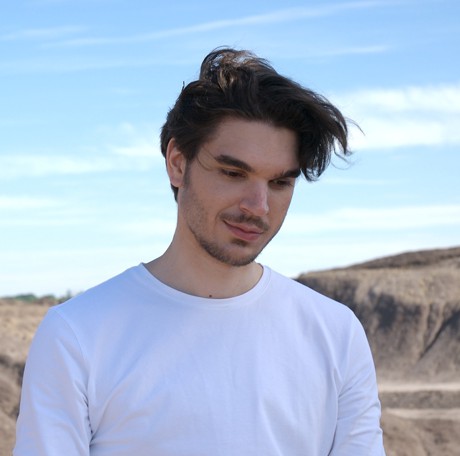
Stefan Görgner began his post-secondary music studies by concentrating on guitar performance, which he pursued under Harald Lillmeyer at the Richard Strauss Conservatory in Munich. Earlier musical interests also included rock music, jazz, and New Music. Eventually, however, he discovered that he loved Baroque music. In 2002 Tim Hennis discovered Görgner’s voice and encouraged him to develop it. These combined developments soon led, in 2003, to vocal studies with Christina Wartenberg at the Felix Mendelssohn-Bartholdy University of Music in Leipzig, where Görgner graduated with a music degree (Diplom) in 2008. In the meantime, he has also received musical guidance from Howard Crook, Julie Hassler, Barbara Schlick, and Andreas Scholl.
Stefan Görgner has worked with conductors such as Christopher Moulds, Hermann Max, Morten Schuldt-Jensen, Michael Hofstetter and Rupert Huber. In addition, Görgner has performed with numerous period groups such as the Neue Düsseldorfer Hofmusik, the Göttingen Baroque Orchestra, Elbipolis, Le Concert Lorrain, and Capriccio Basel. Concert and opera performances include appearances at the Handel Festival in Halle, the Thuringia Bach Festival, the Ekhof Festival in Gotha, the Ludwigsburg Festival, and the Styriarte Festival in Graz.
The American composer Robert Moran wrote the countertenor roles of Ludus de Antichristo and Buddah goes to Bayreuth especially for Stefan Görgner. The latter work’s world premiere took place in May of 2014 at the Salzburg Aspekte Festival with the Stuttgart Chamber Orchestra under the direction of Rupert Huber.
Stefan Görgner also appears in solo recitals, in which he accompanies himself on the guitar, sometimes with the addition of a loop station. Also a composer of vocal and chamber music, his choral work Muoa oder zur Sonne und zurück enjoyed great success at its premiere during the Centennial Celebrations of the German Museum in Munich.